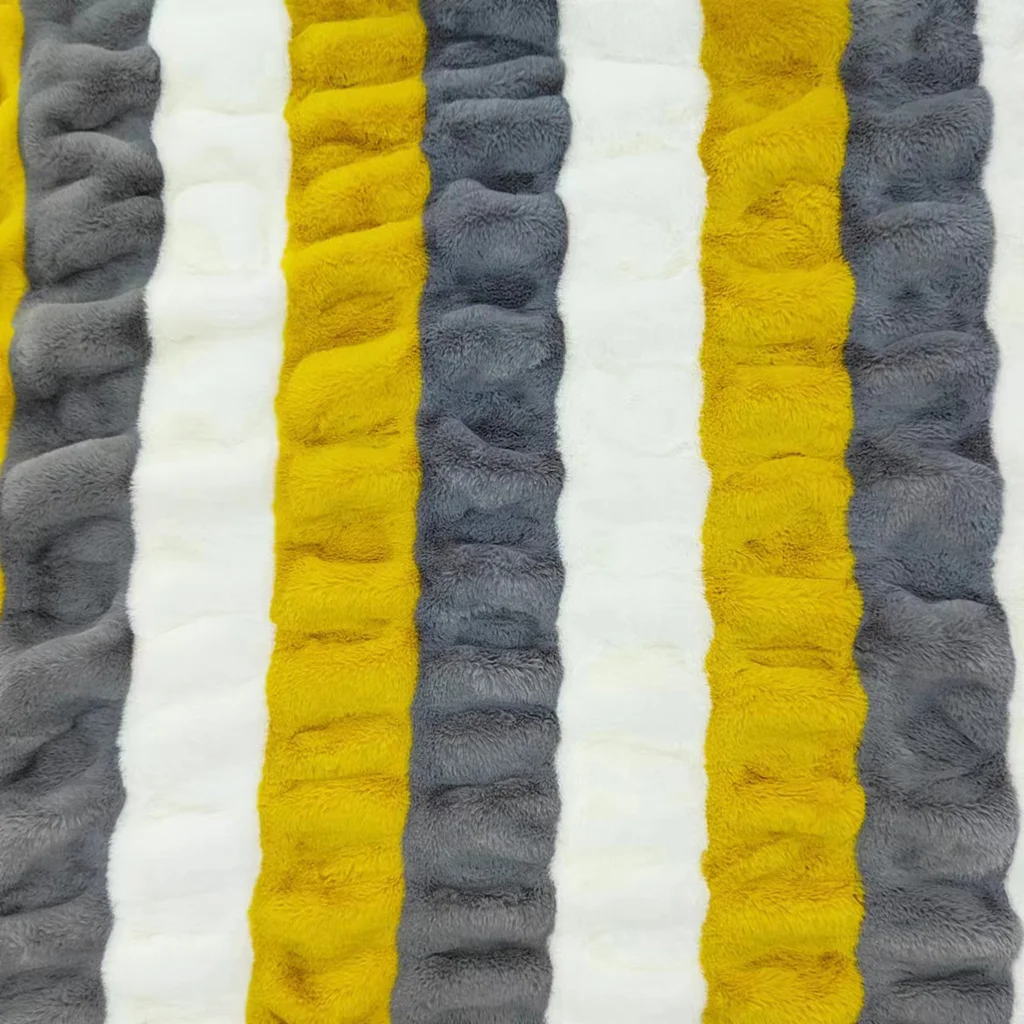
In the world of consumer goods and services, the term 'bespoke' has become synonymous with luxury, exclusivity, and a higher price tag. But why is bespoke more expensive? This article will delve into the intricacies of bespoke production, exploring the factors that contribute to its premium pricing.
Firstly, the term 'bespoke' originates from the world of tailoring, where it refers to custom-made clothing that is designed and crafted to fit a specific individual. Today, the concept of bespoke has expanded to various industries, including furniture, software, and even services. Regardless of the industry, the fundamental principle remains the same - bespoke products or services are custom-made to meet the unique needs and preferences of the individual customer.
One of the primary reasons why bespoke is more expensive is the level of craftsmanship involved. Unlike mass-produced items, bespoke products are typically handcrafted by skilled artisans who have honed their craft over many years. This level of expertise and attention to detail is reflected in the quality of the finished product, and consequently, its price.
Secondly, the materials used in bespoke production are often of superior quality. Whether it's the finest fabrics in bespoke tailoring, premium wood in custom furniture, or cutting-edge technology in bespoke software, these high-quality materials contribute to the durability, functionality, and aesthetic appeal of the bespoke product, justifying the higher cost.
Thirdly, the time and effort required to create a bespoke product or deliver a bespoke service are significantly higher than that for standard products or services. From the initial consultation and design process to the actual production or service delivery, each stage is meticulously planned and executed to ensure the end product or service meets the customer's exact specifications. This personalized approach is time-consuming and labor-intensive, which adds to the cost.
Moreover, the exclusivity and personalization that come with bespoke also contribute to its higher price. When you purchase a bespoke product or service, you're not just buying a commodity; you're investing in a one-of-a-kind creation that is tailored to your individual needs and preferences. This level of personalization and the unique experience it offers often command a premium price.
Lastly, the value proposition of bespoke is another factor that justifies its higher cost. While bespoke may be more expensive upfront, the long-term value it provides in terms of quality, durability, and satisfaction often outweighs the initial cost. In other words, you're paying for a product or service that is designed to last and meet your specific needs, which can save you money and hassle in the long run.
In conclusion, the higher price of bespoke can be attributed to the craftsmanship, materials, time and effort, exclusivity, personalization, and value proposition it offers. While it may not be the most cost-effective option for everyone, those who value quality, uniqueness, and personalization will find bespoke to be worth every penny.



